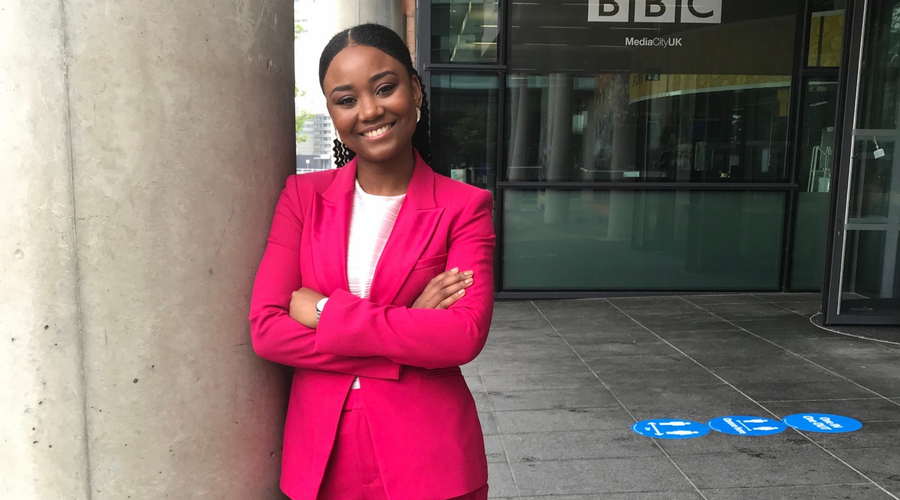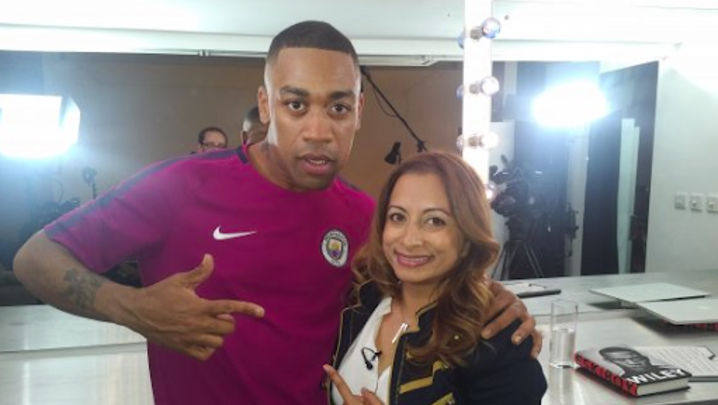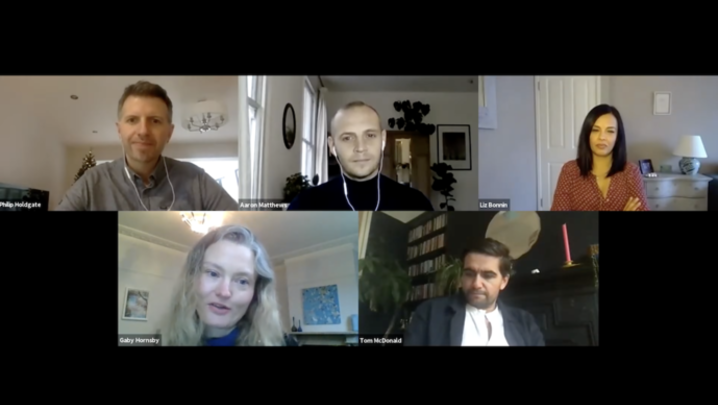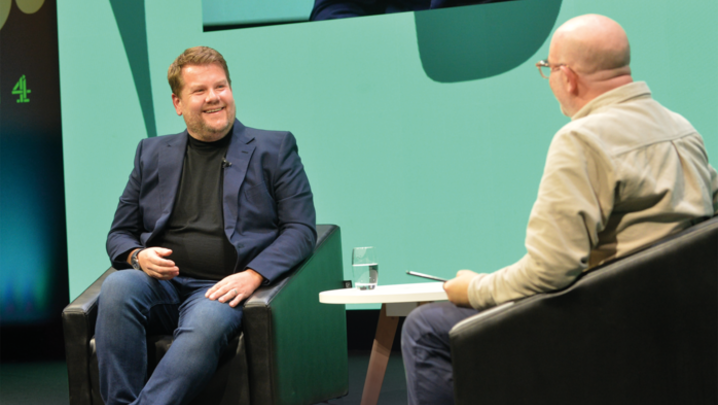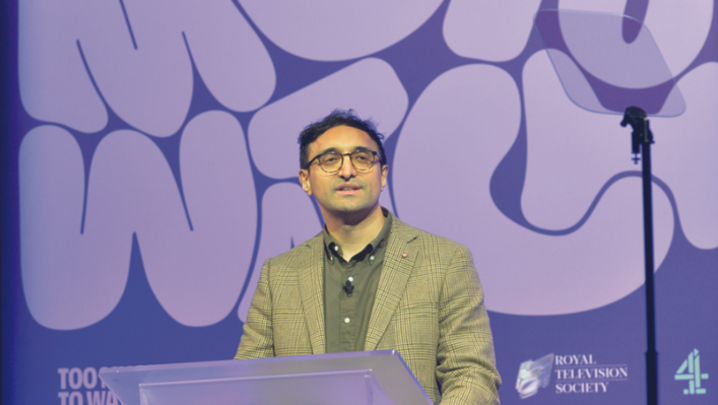This year’s RTS careers fair broke new ground and increased attendance, reports Matthew Bell.
The annual RTS Futures Careers Fair returned early this month in a new and bigger form, with exhibitors from the length and breadth of the UK.
Held over two days, More than 2,200 people signed up for the-two day virtual event, hoping to get their foot on the first rungs of the TV ladder.
“This year’s virtual careers fair has been a huge success. We have welcomed more attendees, and offered more sessions and industry exhibitors than ever before,” said RTS Futures Chair Alex Wootten. “It has also been more accessible and inclusive.
“It is testament to the hard work of the RTS Futures team and all the industry professionals who volunteered their time to inspire and inform our members at the start of their careers.”
The fair, which was sponsored by the National Film and Television School and IMG Studios, offered almost 90 interactive exhibitor booths. These allowed companies to speak to attendees, who could also attend a CV clinic, an “ask me anything” area and sessions geared to newcomers and those in the early stages of their TV careers.
More than 1,400 CVs were submitted, and the total number of chats across the “virtual booths” was just under 6,000.
A session on access schemes offered the inspiring story of Toby Winson, a young Kent builder who discovered a love for writing through blogging about his recovery from alcoholism.
He entered the Media Trust’s “Breaking into news” competition to find journalists from diverse backgrounds. ITV Meridian journalist Chloe Oliver mentored Winson, whose winning report on alcohol education in schools was broadcast on TV. “The scheme gave me contacts and the chance to show people in a newsroom what I could do,” he said.
Winson took every opportunity going for work experience and was rewarded with a series of short-term contracts. He now has a permanent job at ITV News Meridian, producing lunchtime news bulletins. “It’s been life-changing,” he said. “If I can make it, anyone can. Trust me.”
In “Making the local news”, ITV News Meridian reporter Kit Bradshaw, BBC East executive Rachel Sharman and BBC regional journalist Emmanuelle Lhoni, discussed journalism outside the capital.
Bradshaw worked on radio and TV national news at Sky, before moving to ITV News Meridian as an on-screen journalist. National broadcasters tend to react to events, he said, whereas with “regional news – and it’s what I love about it – nine times out of 10, you are generating your own stories.”
Sharman started out in radio, before becoming an early video journalist, filming and editing her own packages for TV. Currently, she produces the BBC Look East evening news. She said: “A regional newsroom throws you in – there are not that many people to hold your hand. You are going to go and film and get on telly [quickly]”
Lhoni worked for the BBC World Service as a bilingual reporter (she speaks French and English) and a news presenter, before returning to her native Manchester to work for BBC North West Tonight.
She stressed the importance of work experience: “It doesn’t have to be with an established, well-known company – you can do community or hospital radio… or have your own YouTube channel – anything that shows you are interested in the field and have the commitment to make your own content in your own time.”
The remaining sessions on the first day of the fair were “Get ready for your first job in TV”, with line producer Jude Winstanley, and a Q&A with award-winning director David G Croft who now runs the entertainment TV course at the National Film and Television School.
On day two, there was a session on programme development; a masterclass on long-running BBC drama Silent Witness and a session on opportunities for women in broadcast media technology.

